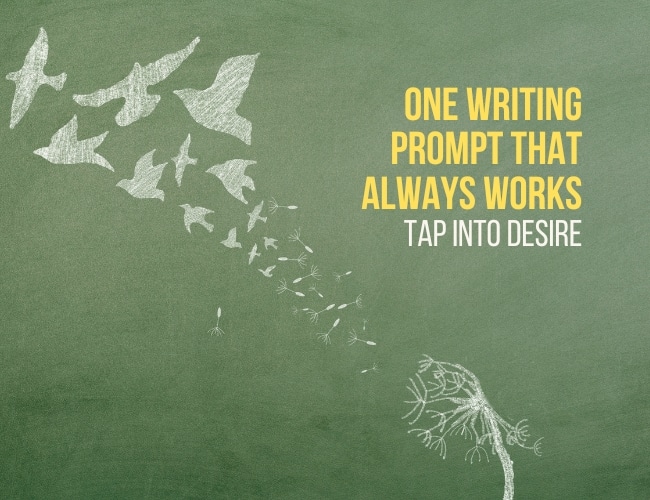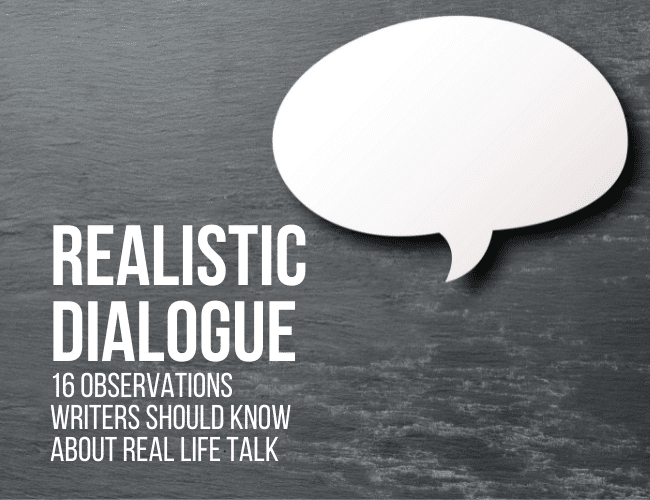
One Writing Prompt That Works Every Time
If you’re ever stuck trying to figure out what to write about, write about what you want.

If you’re ever stuck trying to figure out what to write about, write about what you want.

How do you become truly great at something, one of the best in the world? Or at least better than you are?
Many people believe that greatness comes from talent and natural inclination. They believe that great athletes and artists are born, not made, and so what’s the point in trying if you’re not naturally talented?
I used to believe that, too, but everything changed for me when I discovered practice, the idea that not only can you become great through your own efforts, but that all of the best writers, musicians, painters, and athletes in the world have done the same.
In this guide, we’re going to be exploring how you can become a better writer by following the principles of deliberate practice (this is The Write Practice, after all), but generally, how you can improve your skill level in any field.
We’ll look at the four components of deliberate practice that will make your practice time actually work. Finally, we’ll get a chance to start actually practicing our writing through a creative writing exercise.
Ready to accomplish your writing goals? Let’s get started!

Road trips yield great stories. Why? Because a road trip forces you, your family, your friends, or your characters into uncomfortable and new situations. Add to that the potential for various complications and conflict, and you have all the ingredients for a terrific story. Try one of these new 21 road trip prompts today to get your own story on its way.

Dialogue can make your story. In fact, as Shakespeare knew, you can tell a whole story just through authentic dialogue.
Good stories are about real people, and people in real life love to talk to each other. We are biologically disposed to receive pleasure from conversation.
If you want to write good stories, learn how to write effective dialogue. In this article, you can learn sixteen dialogue tips that will help you take everyday conversations and turn them into stretches of dialogue that benefit your story.

Want to take one of Skillshare’s many creative writing classes but not sure where to start? Or maybe your wondering whether these classes actually work, whether they’ll really help you transform for an aspiring writer into a published author.
In this post, I’m going to review the seven best creative writing classes on Skillshare, sharing the ones I would consider taking if I were in your position, and the pros and cons of each, and most of all, whether they will help you accomplish your writing goals and become